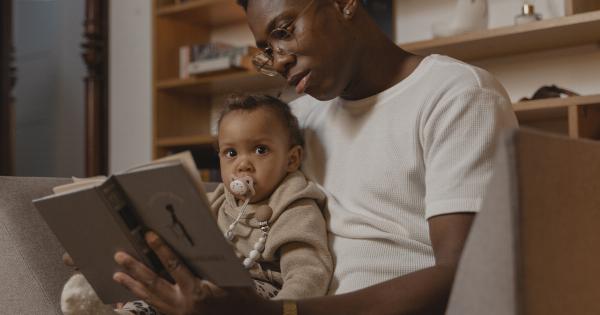As a new parent, it’s natural to worry about your baby’s health and well-being. One common concern that many parents have is whether their baby is gassy.
Infant gas is a normal occurrence, but it can cause discomfort and distress for your little one. In this article, we’ll look at what causes gas in babies, how to tell if your baby is gassy, and what you can do to relieve their discomfort.
What Causes Gas in Babies?
Gas in babies is caused by a combination of factors. Newborns have immature digestive systems, which means they can’t break down certain proteins and sugars in breast milk or formula. This can lead to the formation of gas in the intestines.
Babies can also swallow air while feeding, which can cause gas to build up in their digestive tract. This can happen if they are not positioned properly during nursing or bottle-feeding, or if they suck too fast or too vigorously.
In addition, some babies are more prone to gas than others. Premature babies, for example, may have more difficulty digesting food and may be more susceptible to gas. Babies who are colicky or have a lot of reflux may also be more gassy.
How to Tell if Your Baby is Gassy
It can be hard to tell if your baby is gassy, especially if they are too young to communicate their discomfort. However, there are a few signs you can look for:.
- Excessive crying, especially after feeding
- Arching their back or pulling their legs up to their chest
- Fussiness or irritability
- Difficulty sleeping or waking up frequently
- Passing gas frequently or belching
- Bloating or a hard, distended belly
If you notice any of these signs, it’s possible that your baby is gassy and experiencing discomfort.
How to Relieve Gas in Babies
If you suspect that your baby is gassy, there are several things you can do to help relieve their discomfort:.
- Try different feeding positions. If you are breastfeeding, make sure your baby is latched on correctly and that they are not swallowing extra air. If you are bottle-feeding, hold the bottle at a slight angle to prevent air from being sucked in.
- Burp your baby frequently during and after feeding. This can help release any trapped air in their digestive system.
- Gently massage your baby’s belly. You can do this by placing your baby on their back and gently rubbing their belly in a clockwise motion.
- Use gas drops. If your baby is struggling with gas, you can try using over-the-counter gas drops that contain simethicone. These drops can help break down gas bubbles in the stomach and intestines.
- Consider probiotics. Some studies have shown that probiotics can be helpful in reducing gas and colic in babies. Talk to your pediatrician to see if probiotics might be a good option for your baby.
- Try a different formula. If your baby is formula-fed and seems to be struggling with gas, consider switching to a different formula. Some formulas contain less lactose or different types of proteins, which may be easier for your baby to digest.
Remember, it’s normal for babies to have some gas. If your baby seems otherwise healthy and is gaining weight normally, a little bit of gas is nothing to worry about.
When to Call the Doctor
In some cases, gas in babies can be a sign of a more serious problem. If your baby is experiencing any of the following symptoms, it’s important to call your pediatrician:.
- Frequent vomiting or spitting up
- Refusal to eat
- Fever or diarrhea
- Blood in the stool
- Signs of dehydration, such as a dry mouth or sunken fontanelles
These symptoms can be signs of a more serious condition, such as an infection or an allergy. Your pediatrician can help you determine the underlying cause and provide appropriate treatment.
Conclusion
If you think your baby may be gassy, there are several things you can do to help relieve their discomfort.
From trying different feeding positions to using gas drops or probiotics, there are many strategies that can help keep your little one happy and healthy. Remember, a little bit of gas is normal and nothing to worry about, but if you notice any concerning symptoms, don’t hesitate to contact your pediatrician for advice.































